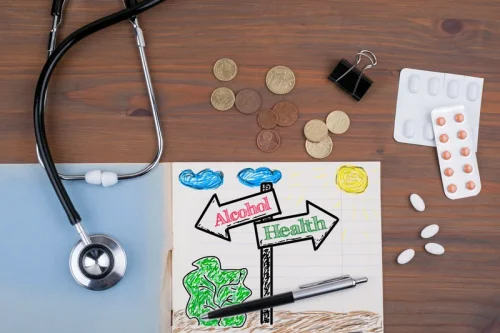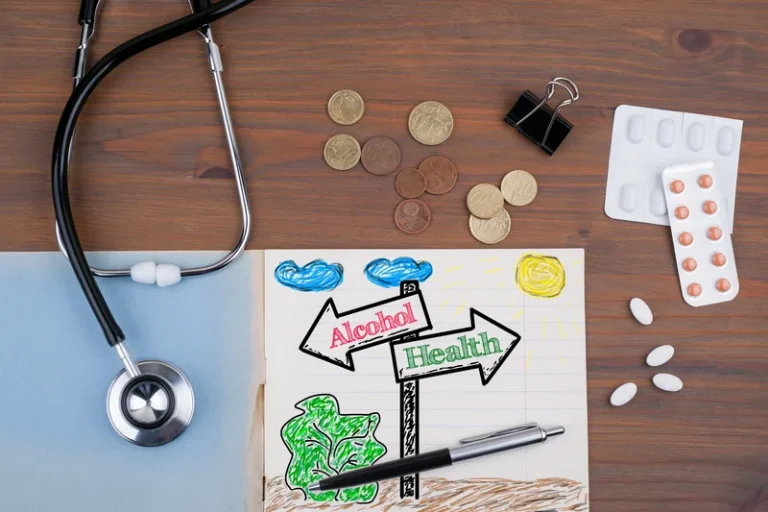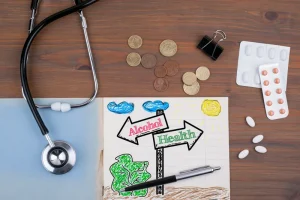10 CBT Group Activities Essential for Substance Abuse Recovery

Being a part of a group can help establish a source of accountability for group members. Group sessions provide them with a set time within their routine to focus on their recovery. Group sessions can allow members to work through challenging emotions such as shame and guilt. Listening to what other members share can provide a sense of validation and normalcy for members who may have thought that they were alone, or wrong for feeling as they do.

Addiction Group Therapy Ideas: Engaging Activities for Effective Recovery
Substance abuse group activities create a supportive environment that empowers individuals on their path to recovery. These 50 activities build practical skills and encourage self-discovery, resilience, and meaningful connection with others. Recovery from substance abuse is strengthened through shared experiences, practical skills, and supportive connections.
Substance Use Disorder Group Topics for Recovery

Our caring admissions navigators are available 24/7 to answer your questions about what to expect at rehab, levels of addiction treatment, and how to start the rehab admissions process. If you or someone you love is struggling with addiction and are looking for treatment, call us today at . Oxford Treatment Center offers outpatient and inpatient addiction treatment in Mississippi. Setting short- and long-term goals gives people in recovery something to work for, but they can sometimes struggle with determining what those goals should look like. Participants can try making gratitude lists or having open discussions on ways to find and show gratitude in daily life. Question balls are a resource that group leaders may use to get topics of conversation going.
- Although the exercises mentioned earlier can be conducted for adolescents, here is a list of fun and engaging CBT group activities for youth.
- Participants sit in front of an empty chair and imagine someone or something they need to confront is sitting there.
- These lists can include anything you feel grateful for, from your sobriety to your loved ones to your favorite foods.
- Of course, it’s crucial to tailor activities to the specific needs and preferences of each group.
Creating a Vision for the Future

We are here to provide assistance in locating an Ark Behavioral Health treatment center that may meet your treatment needs. Much like music, artistic activities can help people relax and focus on something soothing, which aids in recovery and healing. Forms of charades like emotions charades can also encourage participants to explore their emotions and become more comfortable with them. Process groups are focused on self-exploration and giving/receiving feedback. They provide a safe environment in which members can practice newfound interpersonal skills and behaviors.

Self-care includes creating a sleep routine, eating healthy meals, staying hydrated, exercising, and spending time with loved ones. Learning to be present and mindful is a group ideas for substance abuse vital part of the recovery process. It supports well-being and helps prevent people from becoming overwhelmed or giving in to triggers. Navigating dual relationships, where facilitators have connections with participants beyond the group setting, requires careful attention.
Setting Boundaries
Led by a trained therapist, these sessions provide a safe and supportive environment for individuals to discuss their experiences, challenges, and successes related to substance abuse. Group therapy offers a unique opportunity to connect with others who have faced similar obstacles, fostering a sense of community and understanding. Substance abuse group therapy is a unique form of therapy counseling that’s used to treat substance use disorder (SUD) and addiction. Typically, substance abuse group therapy involves regular sessions with at least one therapist and includes several individuals who are being treated for the same health issue. Oftentimes, this type of therapy will be offered in a private practice setting, mental health clinic, community center, or hospital. To learn more about addiction recovery, please reach out to a Recovering Champions specialist.
- Triggers are specific situations, emotions, or people that can prompt substance use.
- Print out the sheet and cut out the positive sayings and affirmations into strips or for larger groups, print out three or more copies of the affirmations.
- The goal of Magnolia Recovery LA is to understand the underlying issues that have contributed to people’s substance abuse, alcohol use, or other destructive behavior.
- These hands-on exercises help individuals explore their feelings, build trust, and gain insight into their recovery journey.
- Role-playing allows members to practice responses to difficult situations, such as social events where substances may be present.
- Regular check-ins, anonymous feedback mechanisms, and collaboration with participants in adjusting the group’s direction contribute to its effectiveness.
Group Therapy for Substance Use & Relapse Prevention
Practicing refusal skills through role-playing is a dynamic way to prepare participants for real-world situations where they might be tempted to use substances. By simulating scenarios involving peer pressure or social settings, participants can practice assertively declining offers of drugs or alcohol. These activities build confidence, enhance communication skills, and empower individuals to prioritize their recovery goals. CBT activities are solution-focused exercises and techniques that aim to improve mental health and substance abuse treatment outcomes in a fun and engaging way. Role-playing offers a safe space for group therapy participants to confront their fears and negative thoughts.
- Imagine groups racing to identify and challenge negative thoughts, passing the baton of positivity from one member to another.
- Sharing personal stories fosters a sense of connection, empathy, and encouragement.
- Working with clay or other sculpting materials allows participants to create three-dimensional representations of their emotions, experiences, or hopes for the future.
- This activity builds confidence in saying no and equips members with strategies to handle real-life challenges.
- Social support is often instrumental in strengthening a commitment to sobriety and reducing the risk of relapse.
- It’s not just arts and crafts; it’s a tangible reminder of why they’re on this journey.
- Shame and guilt can be significant barriers in recovery, often fueling negative self-perception.
CBT Group Activities Essential for Substance Abuse Recovery
Substance abuse is a complex issue that affects individuals from all walks of life. This can include medication-assisted treatment, group therapy, individual therapy, life skills groups, psychoeducation groups, and support groups. Some clients may present with reluctance to participate in the different forms of group therapy during their treatment program.

